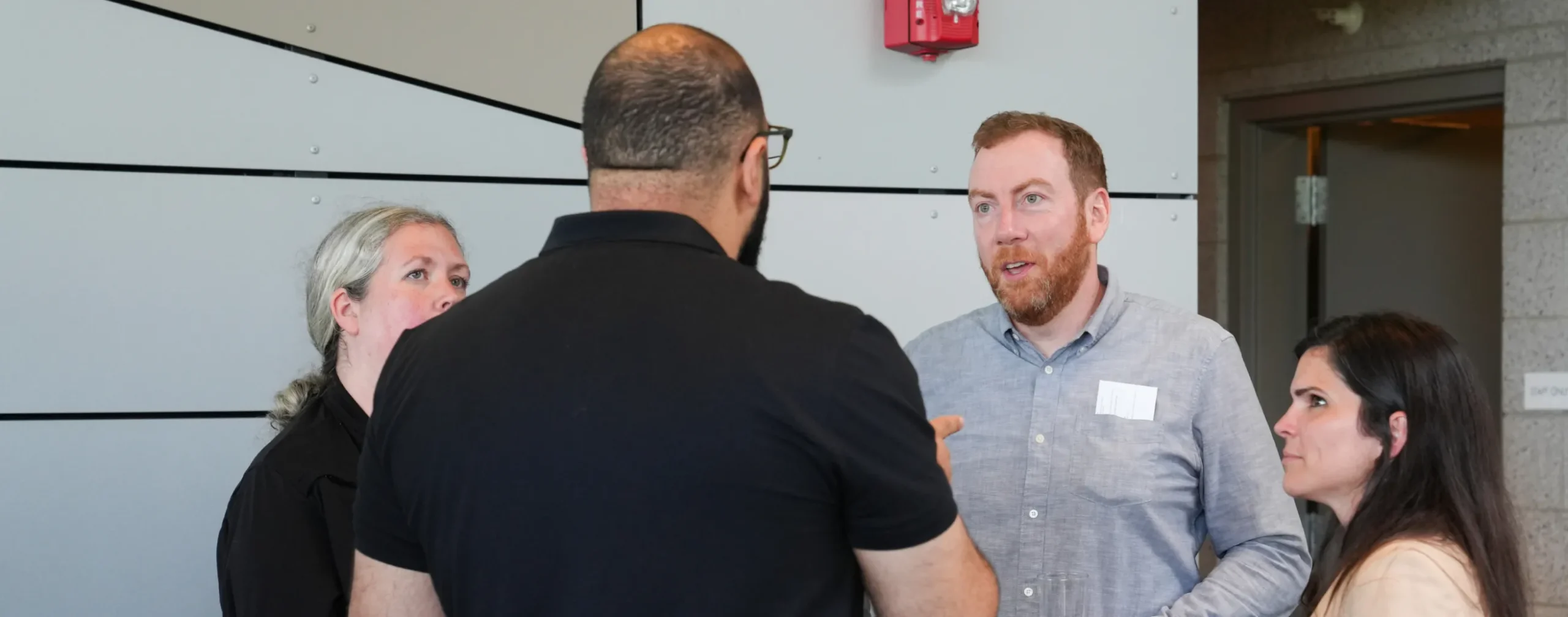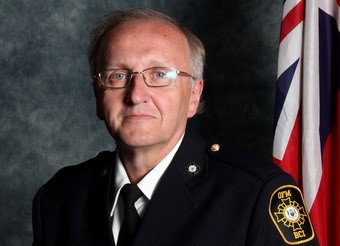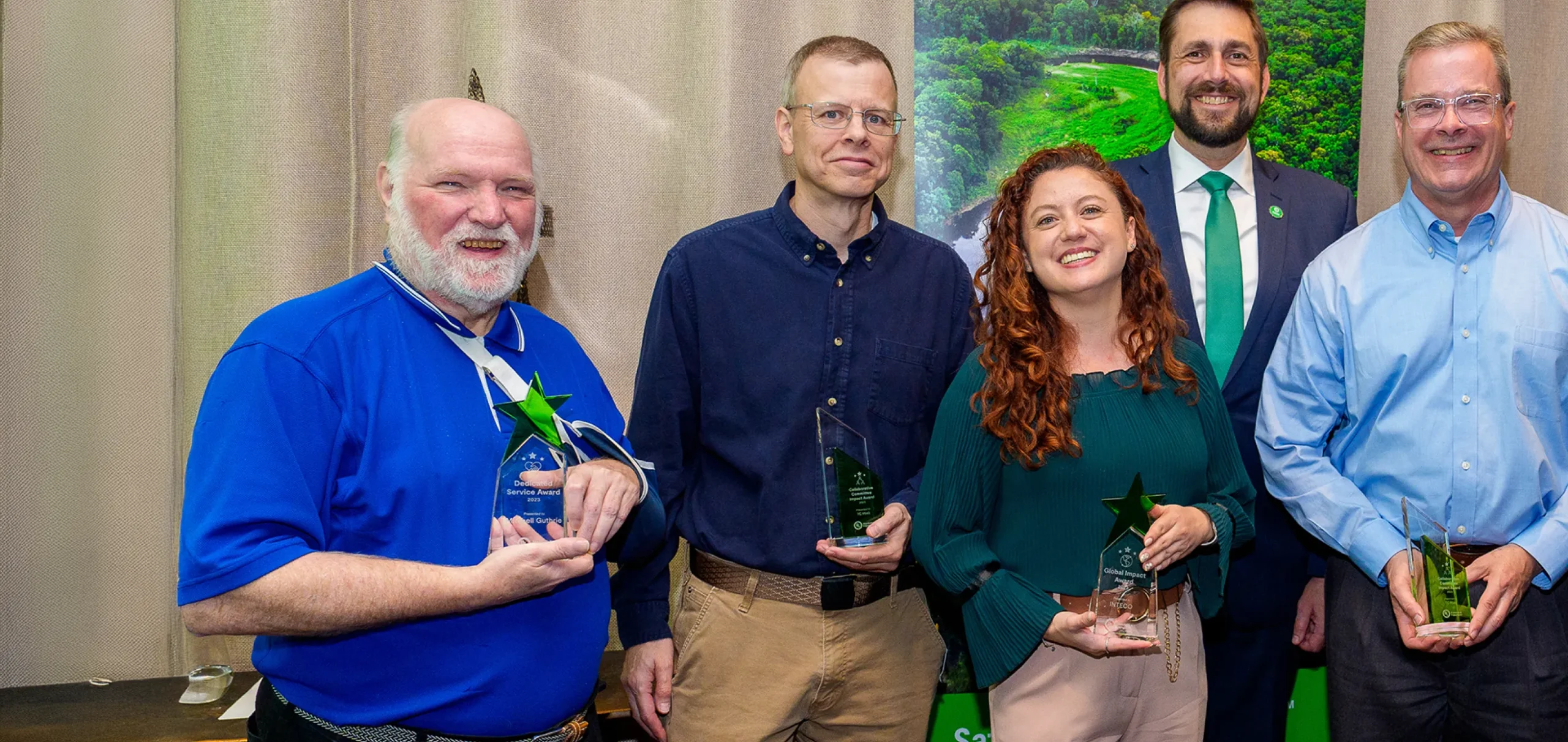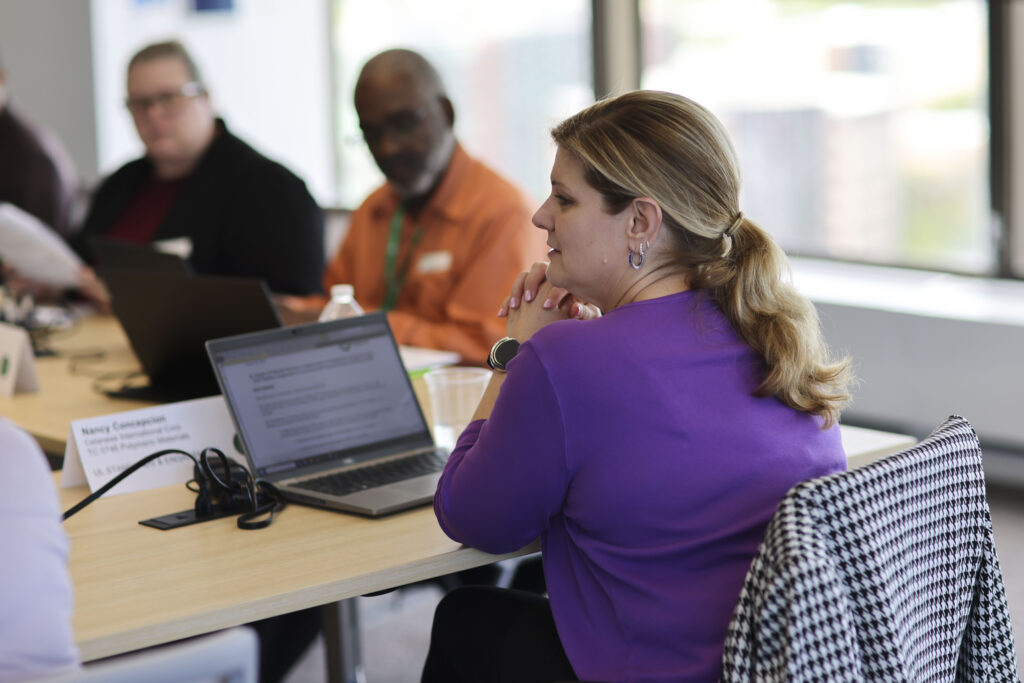
Get Involved in a Technical Committee
Contribute to the development of scientifically sound safety standards across various industries and verticals.
What is a TC?
Our Global Community of Safety Experts & Advocates
Each TC is a diverse group of experts representing a broad range of perspectives and interests, including consumers, manufacturers, regulators, supply chain professionals, and more. As a member, you’ll receive invaluable opportunities to network, collaborate, and stay up to date on industry trends. It’s an exciting opportunity to have a real impact on safety around the world.
500+
specialized TCs
40+
countries represented
4,300+
members globally
Who can be a TC member?
Contribute your expertise to develop impactful safety standards that protect people, property, and the planet.
Technical committees are open to volunteers from a variety of backgrounds including industry, academia, government, retail, manufacturing, parts suppliers, consumers, regulators, medical professionals, and more.
Additionally, anyone can participate as a Stakeholder by registering through our Collaborative Standards Development System (CSDS) platform.

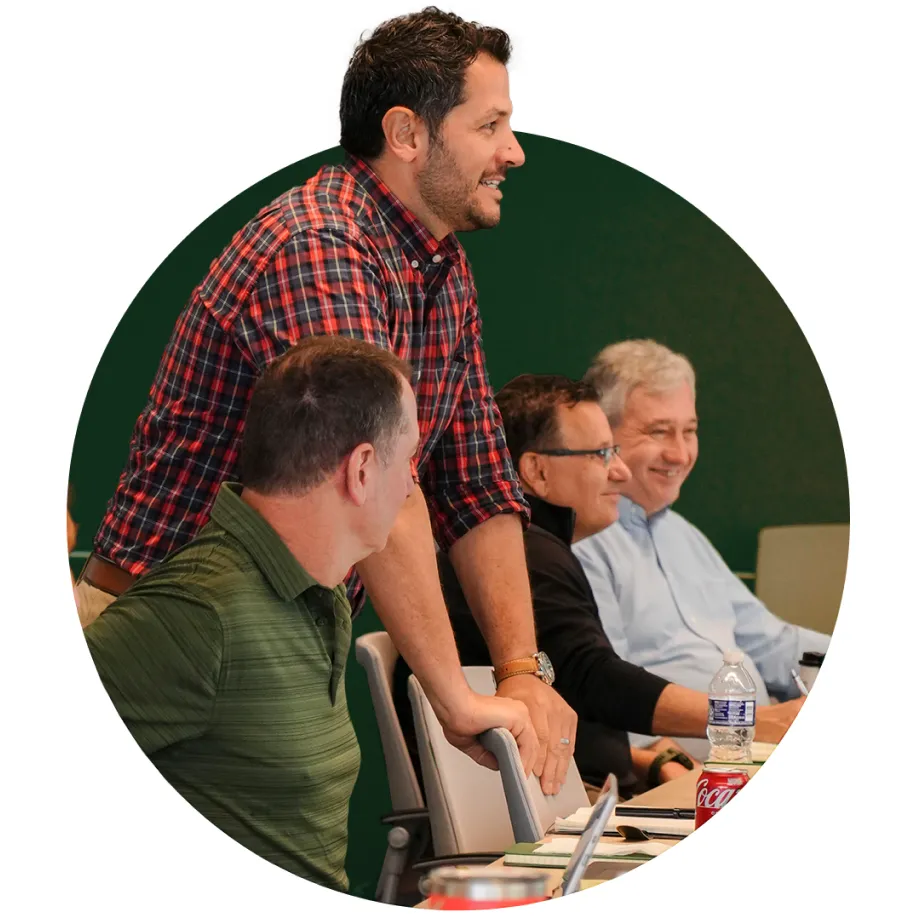
What does a TC Member do?
TC members review, vote, and comment on standards proposals and revisions. As an added benefit, they can also preview the latest standards and requirements and develop a valuable network of professional contacts. Participation is primarily virtual via CSDS, requires only 20-30 hours annually, and is free.
Safety Science Through the Eyes of Our TC Members
Becoming a TC member can be an enriching experience because it allows you to take initiative in making the world safer for you and those around you. Here’s what some of our current TC members have to say about their experiences.
Hear From Current TC Members
Our Latest Standard Development Achievements
Standards are more than technical specifications; they’re frameworks that blend expertise and experiences. As a TC member, you can play a foundational role in translating this collective wisdom into real-world impact. Here are a few examples.
Meaningful Change to Protect Children: Reese’s Law
Thousands of battery ingestion accidents send children to the ER each year. One of these incidents claimed the life of 18-month-old Reese Hamsmith, and through her mother’s tireless advocacy, Reese’s Law was passed, requiring UL 4200A for products containing button or coin cell batteries. Together with parents, industry experts, and safety advocates, we worked to ensure fewer families experience similar heartbreak.

Joining experts on the front lines in the fight against CO poisoning
ULSE presented our proven safety standards, developed in collaboration with our TC stakeholders, to experts from around the world at the NCOAA 2023 CO Safety Summit. UL 2201, the Standard for Safety for Carbon Monoxide (CO) Emission Rate of Portable Generators, was found to avert nearly 100% of deaths from carbon monoxide poisoning in testing scenarios.

How Medical Researchers Used Our Standards Development Process to Advance Child Safety
Microwave-related burns make up almost 1/10 of non-tap water related burns incurred by small children. Learn how medical researchers and doctors collaborated with ULSE TCs to update microwave safety standards to help prevent injury and protect children.
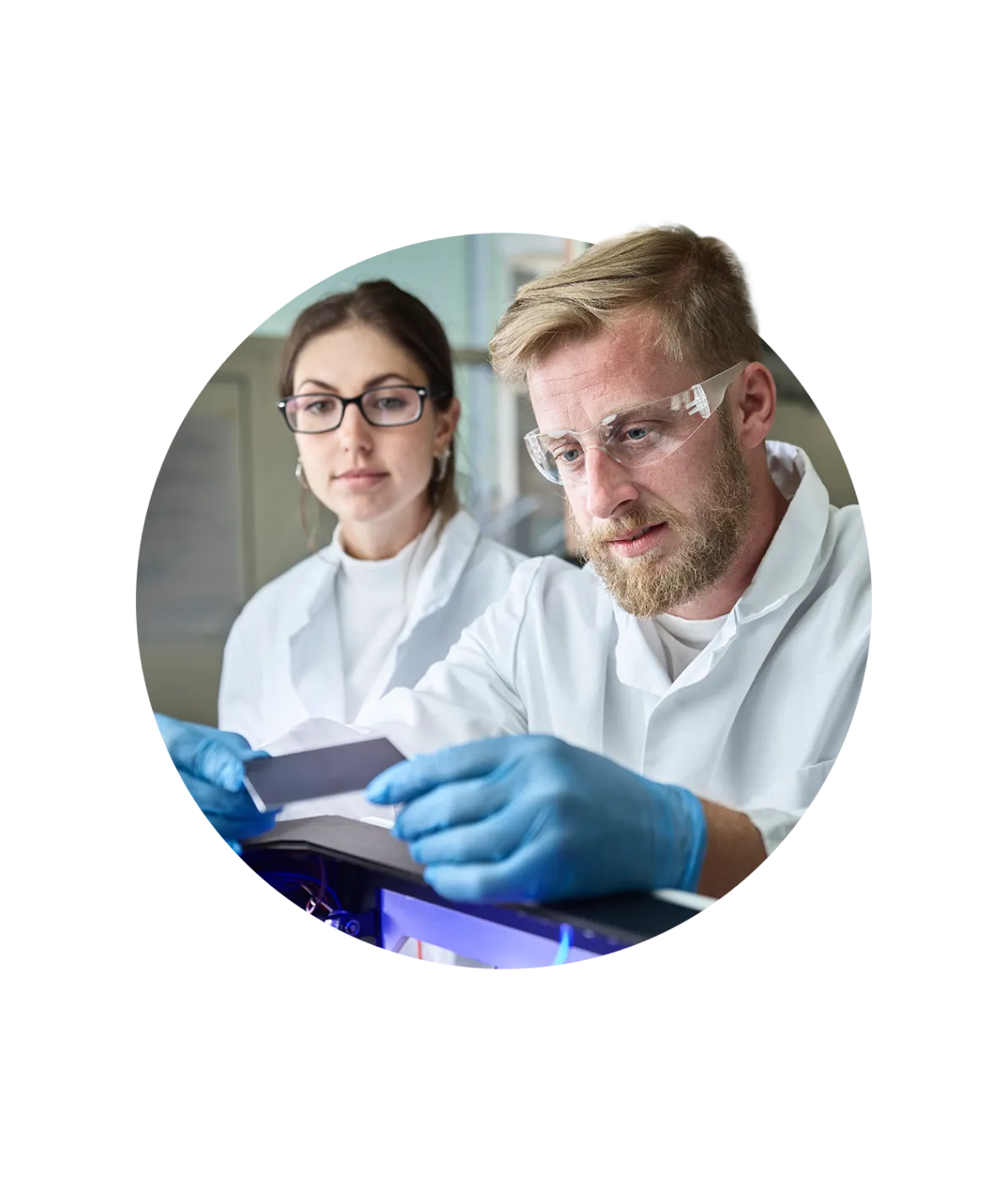
Other Ways to Participate
The best standards result from diverse voices and deep collaboration. Be part of the process by reviewing options for participation to inform the next generation of standards.

Stakeholders
If you want to start small, there’s still room for you to get involved as a Stakeholder. Stakeholders can submit, review, and comment on proposals for new standards or revisions to existing standards. While these individuals cannot vote, the TC considers their input during the standards voting process. Since standards affect everyone, all are welcome to participate as stakeholders. Register online through CSDS.
